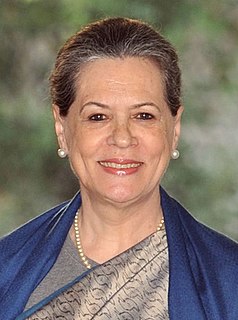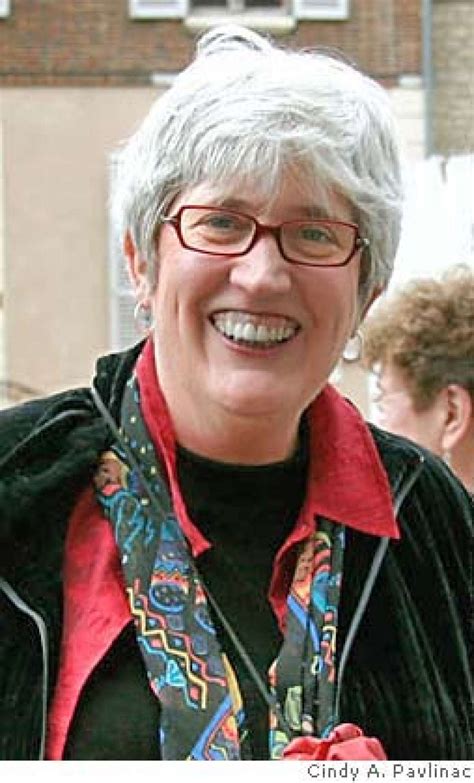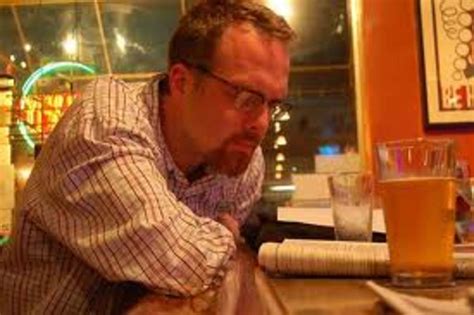A Quote by Daniel Barenboim
Beethoven was a deeply political man in the broadest sense of the word. He was not interested in daily politics, but concerned with questions of moral behaviour and the larger questions of right and wrong affecting the entire society.
Related Quotes
All voting is a sort of gaming, like checkers or backgammon, with a slight moral tinge to it, a playing with right and wrong, with moral questions; and betting naturally accompanies it. The character of the voters is not staked. I cast my vote, perchance, as I think right; but I am not vitally concerned that right should prevail. I am willing to leave it to the majority.
I gravitate toward the larger worldview questions such as, Why are we here? What are we supposed to be doing? What does it mean to know another person? To love someone? Of course, those questions are sort of in the background as I'm playing with language in the foreground, but those are the informing questions.




































